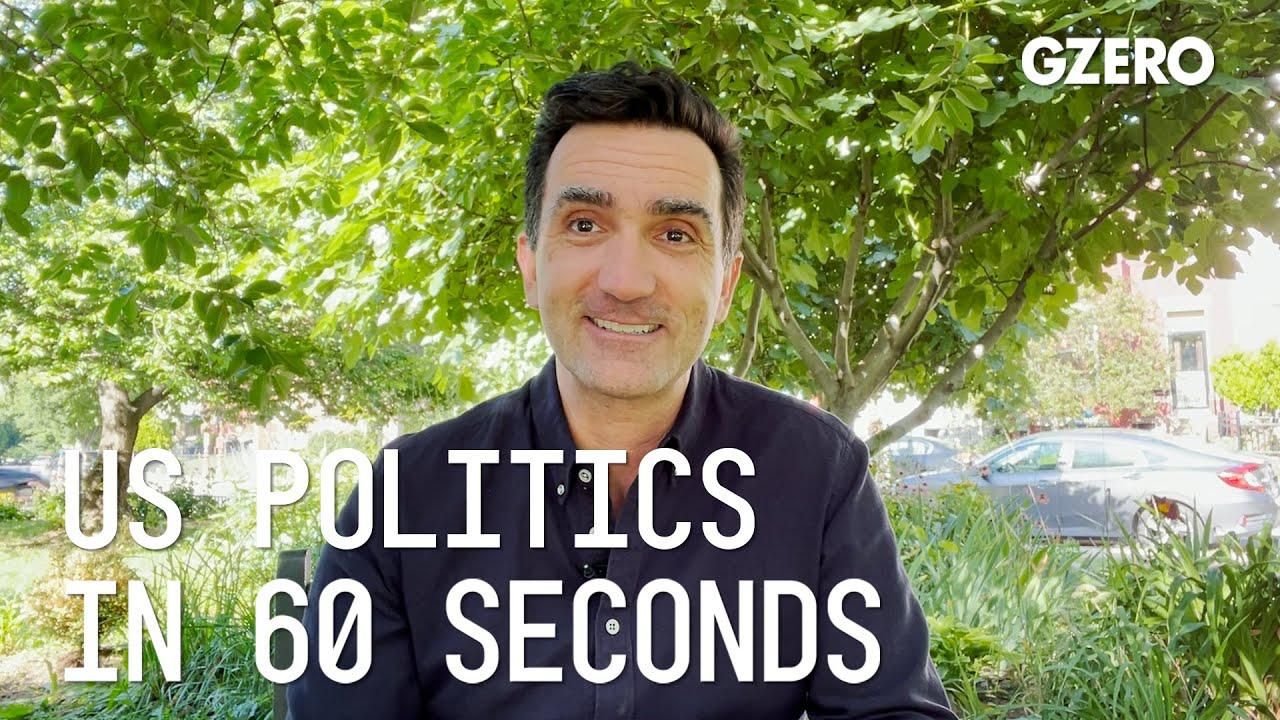
Get insights on the latest news in US politics from Jon Lieber, head of Eurasia Group's coverage of political and policy developments in Washington:
With the For the People Act not passed in the Senate, what's the outlook on Democrats' election reform?
Well, the thing about election laws is that they're really all about power, how to get it, how to maintain it once you have it. And the Republicans and the Democrats are unlikely to agree on even the basics of what's wrong with our election system today, and they were definitely unlikely to agree on how to reform those things. So there's really no consensus on Capitol Hill on what's broken about the current election law. You've got Republicans at the state level who are pushing, rolling back some of the more generous rules that were laid out during coronavirus. You also have some that are trying to combat President Trump's allegations of widespread fraud during the 2020 election cycle. Democrats, on the other hand, are doing everything they can to make it easier to vote, to expand access to the vote. And that's part of what was in the federal legislation that Republicans voted down.
There's really no next steps for this law now that Republicans have said they're not going to go for it. There never really was a path to get this passed into law this year without changing the Senate's filibuster rules, and there's enough moderate Democrats who have ruled that out. That's not on the table. So election reform is going to continue to move on probably at the state level and at the federal level, you're going to be deadlocked at least as long as neither party in the Senate has a supermajority.
Amid criticism, Vice President Harris is traveling to the Southern border, what is the Biden administration's border security strategy?
Well, a big part of the border security strategy has been telling migrants to stay at home. Vice President Harris was very explicit in this message in her tour of Central America a few weeks ago. Otherwise, the Biden ministration is consistent with law, rehousing minors that arrive in the US until their claims can be processed and also sending back unaccompanied adults. What they're not doing is adopting many of the more harsh strategies of the Trump administration, including building a border wall and separating families. What eventually they're probably going to have to try to do is come up with a deal with Mexico and try to deal with immigration at its root source in Guatemala, Honduras, and El Salvador, three of the countries that are going through a hard time and sending a lot of migrants north right now.
- Elise Stefanik's rise in the Republican Party - GZERO Media ›
- The Democrats run Washington – so what are they scared of ... ›
- Senator Murphy on abolishing the filibuster, a Senate tool he has ... ›
- Mexico vote will test support for López Obrador's agenda of change ... ›
- Immigration reform so divisive that even Democrats can't agree ... ›